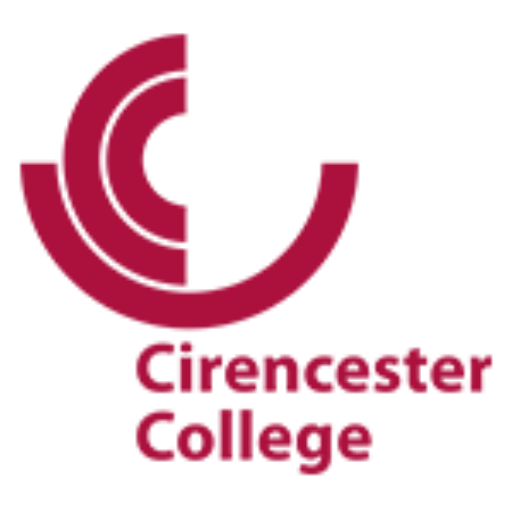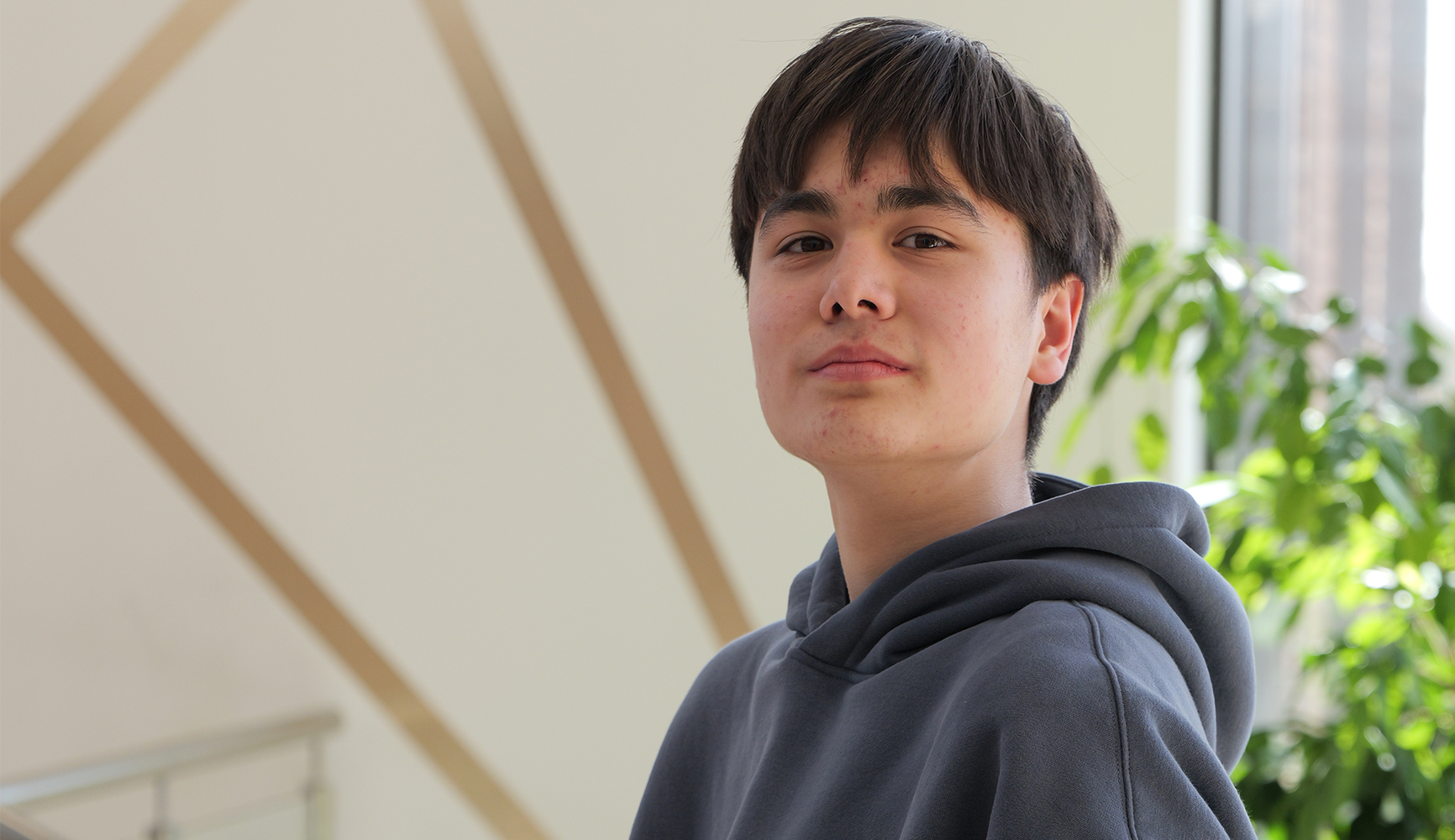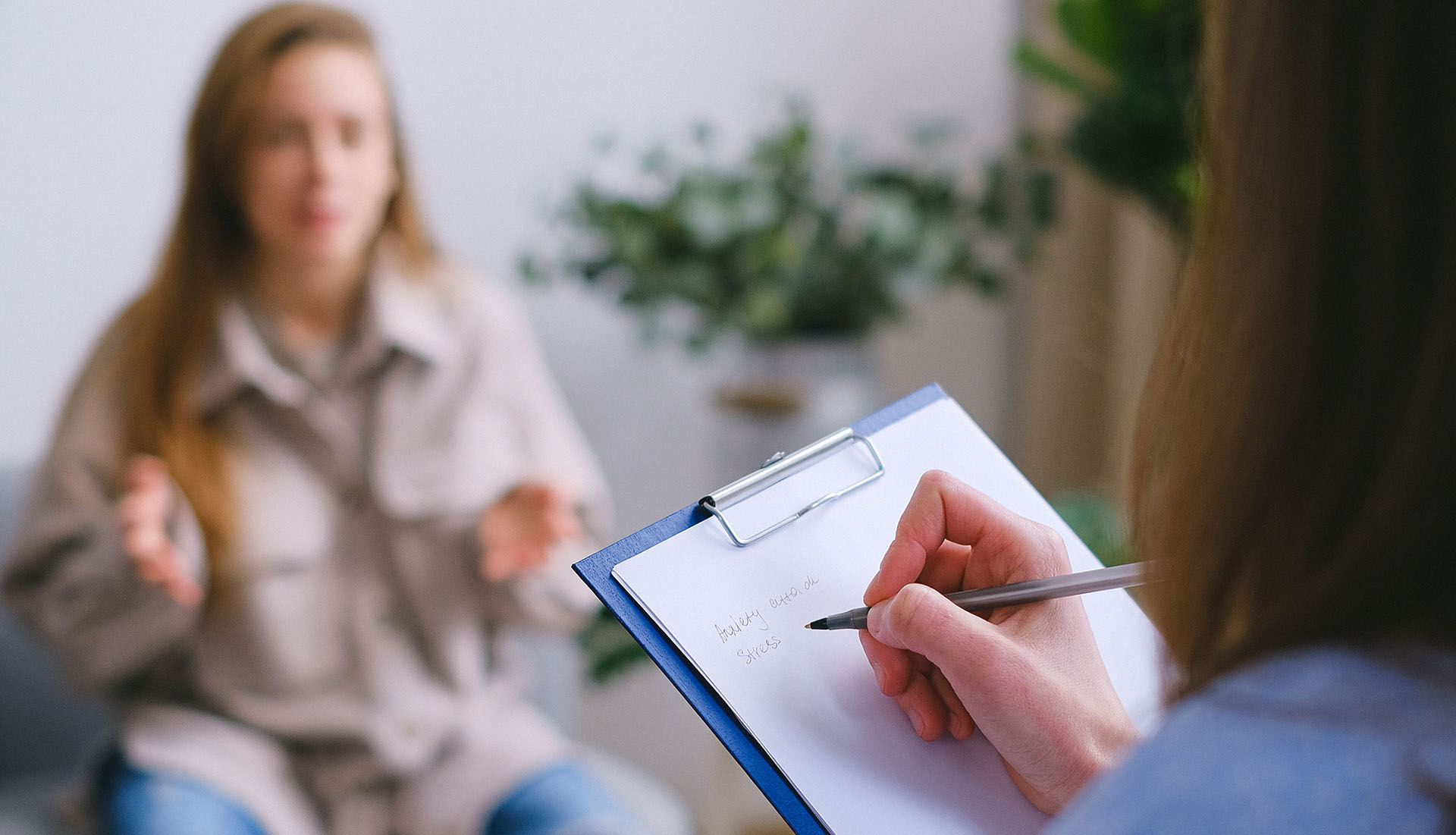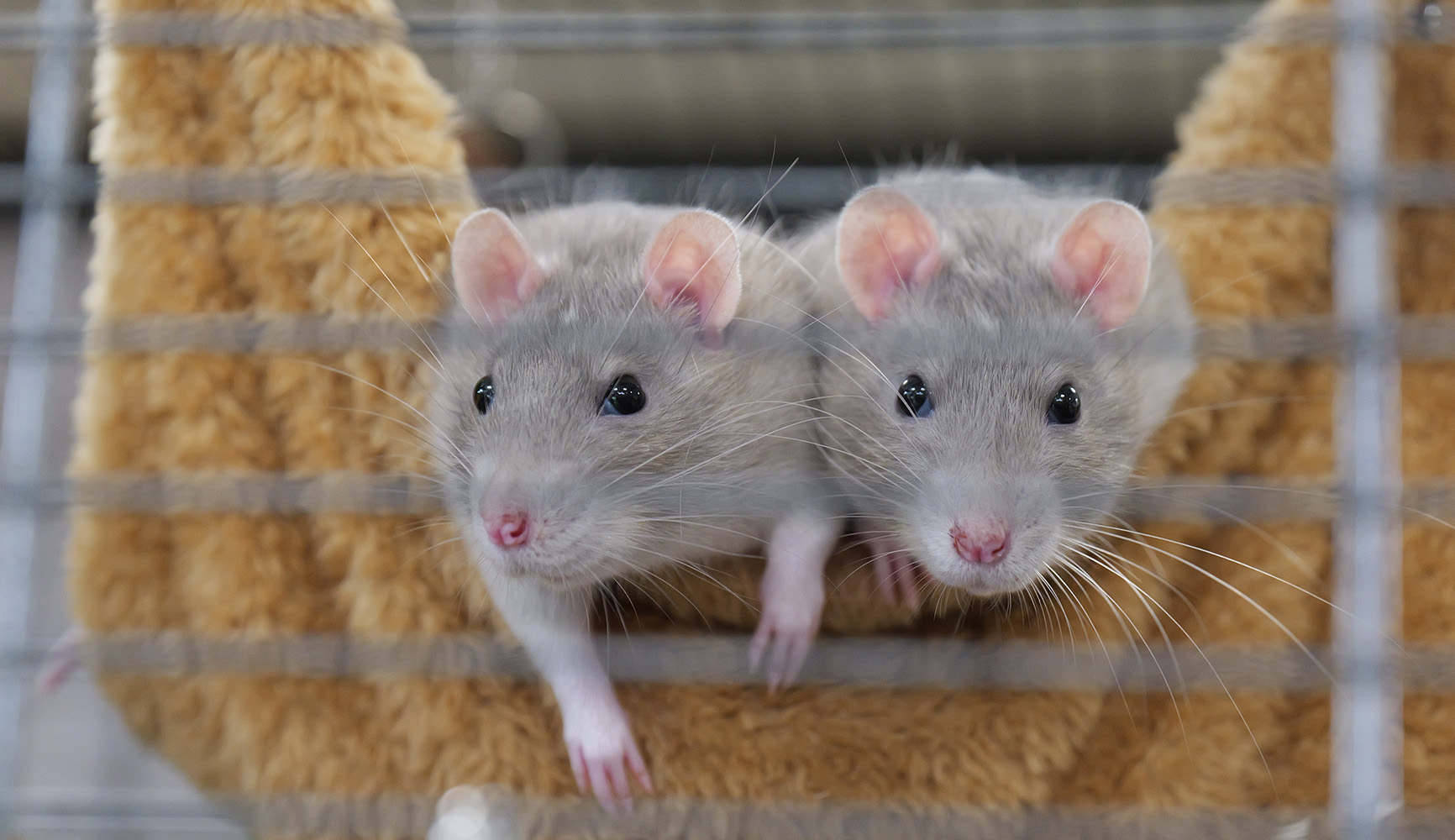DO NOT DELETE OR EDIT THIS ROW OR ITS CONTENTS

Do you want to make a difference in the world? The study of biology will prepare you for a variety of careers, from conservation to medicine, where you can do just that. The course is delivered by a team of enthusiastic, knowledgeable and approachable lecturers who will introduce you to the wonderful diversity of the biological sciences. Have you ever wondered how your heart is able to beat on its own? How exactly does your immune system protect you from constant attack? Could GM crops reduce world hunger? These are just some of the areas we will explore. Throughout the course you will also carry out a range of investigations to improve your practical skills, problem solving ability and confidence, applying your knowledge to new and different contexts. We think Biology is an awe-inspiring subject and we hope you will too!
What will I study in Biology A-level?
Year 1
Module 1 – Development of practical skills in biology
The development of practical skills is a fundamental and integral aspect of the study of any scientific subject. These skills not only enhance learners’ understanding of the subject but also serve as suitable preparation for the demands of studying biology at a higher level.
Module 2 – Foundations in biology
All living organisms have similarities in cellular structure, biochemistry and function. An understanding of these similarities is fundamental to the study of the subject. This module gives students the opportunity to use microscopy to study the cell structure of a variety of organisms.
Module 3 – Exchange and transport
In this module, students study the structure and function of gas exchange and transport systems in a range of animals and in terrestrial plants. The significance of surface area to volume ratio in determining the need for ventilation, gas exchange and transport systems in multicellular organisms is emphasised.
Module 4 – Biodiversity, evolution and disease
In this module the students study the biodiversity of organisms; how they are classified and the ways in which biodiversity can be measured. It serves as an introduction to ecology, emphasising practical techniques and an appreciation of the need to maintain biodiversity. The students also gain an understanding of the variety of organisms that are pathogenic and the way in which plants and animals have evolved defences to deal with disease. The relationships between organisms are studied, considering variation, evolution and phylogeny.
Year 2
Module 1 – Development of practical skills in biology
Students continue to develop their practical skills through the second year of the course.
Module 5 – Communication, homeostasis and energy
It is important that organisms, both plants and animals are able to respond to stimuli. This is achieved by communication within the body, which may be chemical and/or electrical. Both systems are covered in detail in this module. Communication is also fundamental to homeostasis with control of temperature, blood sugar and blood water potential being studied as examples. In this module, the biochemical pathways of photosynthesis and respiration are considered, with an emphasis on the formation and use of ATP.
Module 6 – Genetics, evolution and ecosystems
This module covers the role of genes in regulating and controlling cell function and development. Heredity and the mechanisms of evolution and speciation are also covered. Some of the practical techniques used to manipulate DNA, such as sequencing and amplification, are considered and their therapeutic medical use. The use of microorganisms in biotechnology is also covered. Students gain an appreciation of the role of microorganisms in recycling materials within the environment and maintaining balance within ecosystems. The need to conserve environmental resources in a sustainable fashion is considered, whilst appreciating the potential conflict arising from the needs of an increasing human population.
Entry Requirements
5+ GCSEs at Grade 4 or above from the core subjects. Grade 6 in Biology or 6-6 in Combined Science. Plus Grade 5 in Maths and English Language. An average GCSE score of 5.5 is also required.
How will I learn?
Biology students are expected to become confident independent learners as part of the course. There is a large emphasis on the 50:50 approach to learning where students are expected to complete as much time on independent work outside of lessons each week as they do in lessons (4.5 hours). As part of their independent learning students will be expected to complete Flipped Study tasks to help them prepare for their next lesson. This may include pre-reading relevant textbook pages, making concise summary notes/flash cards, updating a glossary of key terms or watching recommended YouTube videos. Completing this Flipped Study then allows more time in lessons for developing deeper understanding of content, applying knowledge to new contexts and developing exam technique.
Theory lessons in the classroom will also include a range of activities including group work, presentations, use of videos and teacher-led discussion. Practical lessons will be carried out in the lab with follow up work completed afterwards in the classroom. Students will be expected to complete a booklet of past paper questions per topic and will also sit an end of topic test (roughly every 3 weeks). The end of topic assessments have been developed carefully to closely reflect the format of the final exams so students can feel confident that they are developing the neccessary knowledge, skills and application techniques to do as well as possible.
How will I be assessed?
3 exams at the end of the 2 year course:
1. Biological processes (37% of total A-level): assesses content from modules 1,2,3 and 5 (2hr15min)
2. Biological diversity (37% of total A-level): assesses content from modules 1,2,4 and 6 (2hr15min)
3. Unified biology (26% of total A-level): assesses content from all modules (1 to 6) (1hr30min)
Practical Endorsement (Pass/Fail): assessed via practical activities completed throughout the course
Any trips?
Available trips in Biology vary from year to year but recent optional trips have included:
Biology in Action (approx. £30) November
A day trip to Warwick University to listen to lectures from leading scientists from across the country. Examples of previous talks include; DNA in forensic science, the science of high altitude survival, treating oesophageal cancer and the genetics of superheros.
Oxford Natural History Museum (approx. £15) April
A day trip to the Oxford Natural Hisotry Museum involving a talk on classification and biodiversity and an opportunity to explore the museum and the botanical gardens.
Cotswold Wildlife Park (approx. £26) June
A day trip to the Cotswold Wildlife Park near Burford to coincide with the topics on classification, evolution, biodiversity and conservation. The trip includes a talk on animal health and welfare.
There are also opportunities to take part in the following enrichment activities:
The Biology Olympiad (free to enter) January/February
This is a national competition run by the Royal Society of Biology and is open to all 1st and 2nd year Biology students.
Wildlife Photography Competition May
Each year we run a photography competition where students can enter up to 3 photos of animals, plants, fungi or anything else wildlife related! The winner and runner up will receive a prize and also have their images displayed in the Biology corridor.
Biology ambassador
Opportunity for students to help out with events including Open Day, Open Evening and The Big Bang event
Are there any costs involved?
During the course students will complete a booklet of past paper questions per topic. Students will be expected to pay for these at the start of each topic.
Year 1 mandatory cost for topic booklets: £25 (approx.)
Year 2 mandatory cost for topic booklets: £25 (approx.)
There will also be costs for optional trips (see Trips section)
Students who receive a bursary will receive a subsidy towards these costs.
You may also be required to buy appropriate PPE such as lab coats and goggles, these will be available from the College
Device Requirements
MacBook (8GB RAM minimum | M2 or above)
or
Windows laptop (8GB RAM minimum | Ryzen 3 or Intel i3 12th Gen or above)
If you already own a device that meets the technical requirements of your course, you are welcome to bring it with you to college.
If not, more information on a convenient rental and help-to-buy scheme designed specifically for Cirencester College students is linked below.
FAQs
The course covers many aspects of human biology including the cardiovascular system, respiratory system, nervous system, renal system, immune system and communicable diseases. The course is very broad though and also covers many aspects of plant biology, microbiology, genetics and ecology.
Like all L3 courses A Level Biology can be challenging at times. One of the biggest challenges for some students is the amount of content in the course. If you are considering doing A Level Biology it's important that you enjoy learning lots of information and you are self-motivated and prepared to put a lot of work into your independent study. The most successful A Level Biology students have good organisation and time management skills and get into a good routine of completing their Flipped Study before every lesson and spending a minimum of 4.5 hours on independent work each week.
If students need further support with anything there are weekly workshops where students can come and ask any other questions they may have. The Biology lecturers are also really approachable and always very happy to help!
Most topics involve some laboratory practical work. We make full use of our laboratory facilities with a variety of practical activities to put theory into practice. Although there is no coursework students will be expected to demonstrate a range of practical skills in order to complete the Practical Endorsement element of the course.
The Practical Endorsement does require students to demonstrate dissection skills but this can involve dissecting the stem of a plant if neccessary. Other dissections include; heart, kidney, fish and locust.
The Practical Endorsement is a series of experiments conducted across the 2 years allowing you to develop and demonstrate your practical skills. It does not contribute to your overall A level Biology grade but is assessed as a Pass or Fail. Students will be expected to complete a practical booklet through the course as evidence towards the Practical Endorsement.
A-level Biology is required or recommended for those wishing to study:
- Biological sciences
- Medicine
- Veterinary medicine
- Dentistry
- Zoology
- Agriculture
- Physiotherapy
- Radiotherapy
- Speech therapy
- Occupational therapy
- Nursing
There is a very wide range of university courses in biological sciences, from genetics to ecology. Biology can help gain entry to careers in agriculture, forensic science, pharmaceuticals, and conservation.
If you are not also studying A -Level Maths, taking L3 Mathematical Studies (Core Maths) could be a useful option to help support the work done in A-Level Biology. This is a one-year course that you would take alongside your other 3 subjects, with exams at the end of your first year. Taking this would help to reinforce the data analysis work done in Biology, giving you further practice of sampling, visually displaying and interpreting data in graphs such as histograms and scatter graphs, and calculating and comparing averages and measures of spread including standard deviation. Core Maths also looks at probability modelling, critical analysis and personal finance.
Awarding Body
OCR
Available As
[56 UCAS pts. available]

Add to Application
What can I do after I have taken this course?
Available As
[56 UCAS pts. available]

Add to Application

DO NOT DELETE OR EDIT THIS ROW OR ITS CONTENTS
What the students say

”The lecturers really engage with you in lessons and are really supportive. The other students are very motivated and there is a good atmosphere in class. In terms of trips, we have been to lectures at various universities and the natural history museum at Oxford university.
Imaan
”There is lots of content, but every topic is very intersting and you get to do some fun practicals and dissections.
Amelie


















